If man can go to the moon, he will. If he can control the climate, he will."
- John von Neumann
Welcome to the Neumann Series!
The John von Neumann Series on Pure and Applied Sciences explores the challenges and opportunities shaping the future of scientific progress. Named after one of the greatest minds of the 20th century, the series pays tribute to John von Neumann—a polymath whose extraordinary intellect seamlessly merged theoretical knowledge with practical applications across more scientific disciplines than perhaps anyone else in history. As one of the founding professors of Princeton's Institute for Advanced Study alongside Albert Einstein and Oswald Veblen, von Neumann left a profound legacy. In 1999, the Financial Times honored him as "Person of the Century," a testament to his enduring influence.
John von Neumann's contributions transcend fields, leaving an indelible mark on mathematics, physics, computer science, game theory, and beyond. Had his life not been tragically cut short, he would undoubtedly have been a strong candidate for Nobel Prizes in multiple disciplines.
A Legacy of Remarkable Achievements
Mathematics: Von Neumann made groundbreaking contributions to set theory, functional analysis, ergodic theory, and quantum mechanics. His pioneering work laid the foundation for game theory, a discipline now critical to economics, political science, and evolutionary biology.Computer science: Von Neumann's most enduring legacy in computer science is the von Neumann architecture, a design that separates program instructions from data and utilizes a central processing unit, memory, and input/output components. This architecture remains the foundation of virtually all modern computing systems. In the era of artificial intelligence, his contributions have become even more significant.
Physics: Von Neumann's insights into quantum mechanics, particularly his work on operator theory and mathematical foundations, have deeply influenced theoretical physics. His contributions clarified complex phenomena and paved the way for significant advancements in the field.
Game theory: Co-authoring "Theory of Games and Economic Behavior" with economist Oskar Morgenstern in 1944, von Neumann established game theory as a vital tool for understanding strategic decision-making. His work has profoundly impacted economics, political science, biology, and more, providing frameworks for analyzing competition, cooperation, and market behavior.
Nuclear deterrence: During World War II, von Neumann contributed to the Manhattan Project, applying his expertise in mathematics and physics. His insights into strategy and game theory were later instrumental in shaping Cold War nuclear deterrence policies.
Economics: Von Neumann's interdisciplinary approach to problem-solving and his emphasis on rigorous mathematical thought continue to inspire computer science education and research. His legacy encourages scientists and engineers to approach complex challenges with creativity, precision, and intellectual curiosity.
Computer science education: The series includes diverse events such as international conferences, workshops, and exhibitions. In collaboration with various stakeholders, it aims to preserve and celebrate the legacy of John von Neumann, the great Hungarian scientist who serves as an enduring example for future generations of researchers.
Upcoming Event
-
March 28, 2026 Columbia University, Pupin Hall "The New Frontier" “The New Frontier: Human Ingenuity in an AI-Driven World” reflects on how we can embrace artificial intelligence without losing the creativity, judgment, and curiosity that define who we are. Learn More →
Past Events
- October 9, 2024 – Liberty Science Center, Jersey City "Visionary Scientists" Honored visionary thinkers and celebrated the 50th anniversary of the Rubik's Cube, featuring Judit Polgár.
- March 14, 2024 – Temple University, Philadelphia "Exploring the Frontiers of Science" Gathered recent Nobel laureates to explore humanity's reservoirs of knowledge.
- November 9, 2023 – New York University "John von Neumann - The Greatest Integrator of Pure and Applied Sciences" Celebrated von Neumann's unparalleled legacy, kicking off a series of intellectual conversations.
The John von Neumann series serves not only as a forum for academic discussion, but also as a crucible where ideas are forged, tested, and refined, creating a community united by a shared passion for discovery and progress. Together, let us honor the legacy of John von Neumann by continuing his spirit of inquiry and commitment to the advancement of human understanding, paving the way for a better and more enlightened future for generations to come.
